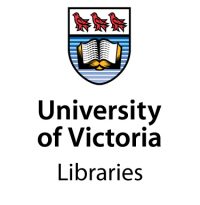July 23, 2018 | Alexa Battler
One of Canada’s richest historical documents was becoming less useable every year – until a group of U of T political scientists, computer scientists and historians decided to intervene.
“You have this really unrivaled historical resource that is accumulated over time, and by virtue of its size and magnitude, is impenetrable,” says Christopher Cochrane, associate professor of political science at U of T Scarborough. “That is the status of Hansard prior to digitization.”
Since 1880, every word spoken in Canada’s Parliamentary debates is transcribed and recorded into a massive document called the Hansard. To put the size and scale of it in perspective, reading the entire thing at a pace of about a novel a day would take 66 years. Then it would take another 28 years to read everything that was added while reading the original document.
In 2013, Cochrane teamed up with two (at the time) postdoctoral fellows, two PhD students and Graeme Hirst, professor of computer science at U of T Scarborough, to create LiPad: The Linked Parliamentary Data Project. Over the years the project received funding from the Social Sciences and Humanities Research Council, the National Sciences and Engineering Research Council and the Digging into Data initiative.
for more information see: https://utsc.utoronto.ca/news-events/breaking-research/u-t-team-brings-one-canadas-most-important-documents-digital-age
The digital archives for Canada’s Parliamentary Debates are available at: https://www.lipad.ca/
Full details of the project are available in the following article:
Beelen, K., Thijm, T. A., Cochrane, C., Halvemaan, K., Hirst, G., Kimmins, M., Lijbrink, S., Marx, M., Naderi, N., Rheault, L., Polyanovsky, R., and Whyte, T. (2017). “Digitization of the Canadian Parliamentary Debates.” Canadian Journal of Political Science, 50(3), 849–864. https://doi.org/10.1017/S0008423916001165.
